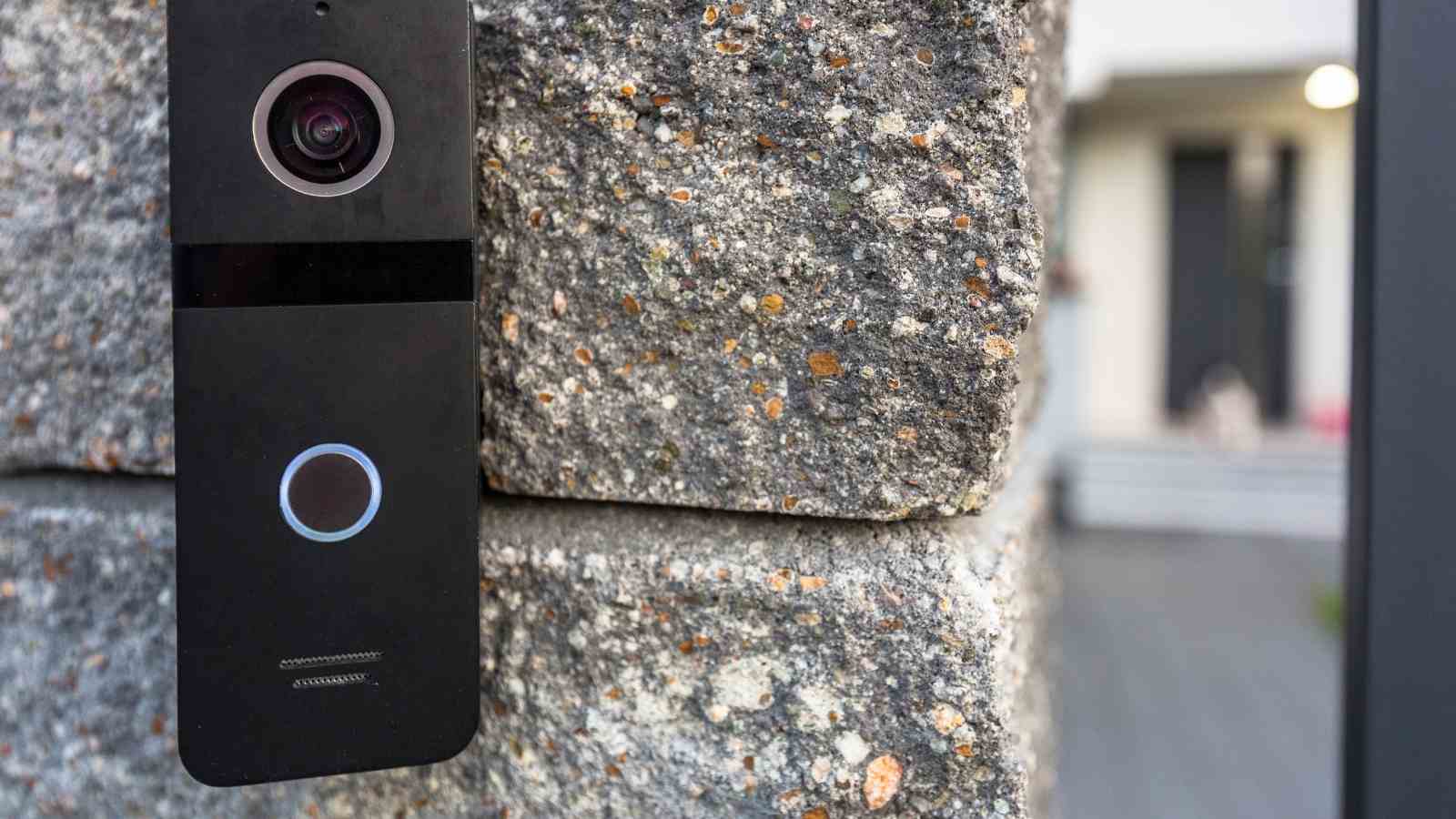Does a swimming pool require special electrical wiring?
A swimming pool requires special electrical wiring to ensure safety and compliance with electrical codes. The electrical wiring for a swimming pool should be designed and installed by a licensed electrician who has experience working with swimming pool electrical systems.
Specific electrical requirements must be met for swimming pools, including using a ground fault circuit interrupter (GFCI) to protect against electric shock, bonding of all metal components to prevent potential differences and stray currents, and installing a pool water bonding grid.
Additionally, a swimming pool's wiring and electrical components should be protected from water and weather exposure to prevent electrical hazards. This can be achieved using weatherproof enclosures and proper conduit and wiring techniques.
Local electrical codes and regulations may vary, so it is essential to consult with a licensed electrician and obtain necessary permits before installing electrical wiring for a swimming pool.
The Importance of Proper Electrical Wiring for Your Swimming Pool
If you plan to install a swimming pool in your backyard, you may wonder if you need special electrical wiring. The answer is yes - proper wiring is crucial for the safety and functionality of your pool. This guide will explain why specialized wiring is necessary and what you need to know to ensure your pool is wired correctly.
.png?width=750&height=629&name=underground%20wiring_premiere%20lectric%20company%20(1).png)
Understand the Risks of Improper Wiring.
Improper electrical wiring for your swimming pool can pose serious risks to you and your family. Faulty wiring can lead to electrical shock or even electrocution, which can be fatal.
Additionally, improper wiring can cause damage to your pool equipment and potentially start a fire.
It's important to hire a licensed electrician specializing in pool wiring to ensure your pool is safe and functional.
Hire a Licensed Electrician with Pool Experience.
When it comes to the electrical wiring for your swimming pool, it's crucial to hire a licensed electrician with experience. This is because pool wiring requires specialized knowledge and skills that not all electricians possess.
A licensed electrician with pool experience will know how to properly install and maintain the wiring for your pool, ensuring that it is safe and functional. Don't take any chances with your family's safety - always hire a licensed electrician with pool experience for your swimming pool wiring needs.
.png?width=750&height=629&name=swimming%20pool%20%20wiring_premiere%20lectric%20company%20(1).png)
Install Ground Fault Circuit Interrupters (GFCIs).
One of the most important aspects of proper electrical wiring for your swimming pool is the installation of Ground Fault Circuit Interrupters (GFCIs).
These devices are designed to protect against electrical shock by shutting off the power if there is a fault in the electrical system. GFCIs should be installed on all electrical circuits near the pool, including the pump, lighting, and other electrical components.
This is especially important in wet environments like swimming pools, where the risk of electrical shock is higher. Using a licensed electrician ensures GFCIs in your pool wiring installation for the safety of your family and guests.
Use Waterproof and Corrosion-Resistant Materials.
When wiring your swimming pool, it’s important to use materials that can withstand exposure to water and chemicals. This includes using waterproof and corrosion-resistant materials for all electrical components, including wiring, connectors, and junction boxes. Using non-waterproof materials can lead to electrical shorts, corrosion, and other safety hazards. Your licensed electrician should know the appropriate materials for your pool’s electrical wiring to ensure its safety and functionality.
Regularly Inspect and Maintain Your Pool's Electrical System.
Like any other electrical system, your pool's electrical wiring and components require regular inspection and maintenance to ensure their safety and functionality.
This includes checking for any signs of wear and tear, such as frayed wires or corroded connectors, and replacing them as needed.
Keeping the area around your pool's electrical components clean and dry is also important to prevent any water damage or electrical shorts.
Regular maintenance and inspections can help prevent potential safety hazards and ensure your pool is always ready.





